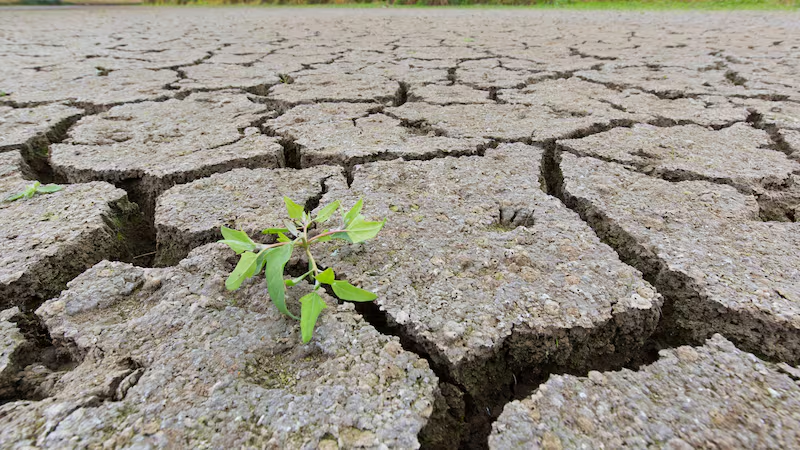Health
Global Warming Increases Cancer Risk for MENA Women

Global warming is increasing cancer risk for women in the Middle East and North Africa, according to a new scientific study. The research shows that rising temperatures are linked to more cases and deaths from cancers such as ovarian, breast, cervical, and uterine cancer in 17 countries across the region.
The study, published in the journal Frontiers in Public Health, analyzed health data from 1998 to 2019. It found that even small increases in temperature were connected to a rise in cancer rates among women. For every 1°C rise in temperature, there were an additional 173 to 280 cancer cases per 100,000 women. Deaths increased by 171 to 332 per 100,000 women. Ovarian cancer showed the biggest increase in both new cases and deaths, while breast cancer showed the smallest increase, although it was still significant.
Researchers focused on 17 countries in the region: Algeria, Bahrain, Egypt, Iran, Iraq, Jordan, Kuwait, Lebanon, Libya, Morocco, Oman, Palestine, Qatar, Saudi Arabia, Syria, Tunisia, and the United Arab Emirates. These countries are already experiencing extreme temperature increases. In April, the United Arab Emirates recorded temperatures above 50°C, making it the hottest April on record in the region. Kuwait experienced similar heat, with temperatures close to 50°C throughout the week. Morocco issued official heatwave alerts, and other countries like Iraq and Egypt also faced intense heat.
The report points out that global warming affects many parts of daily life in the region. It reduces food and water security, damages air quality, and puts stress on hospitals and health systems. These problems increase the chance of exposure to cancer-causing substances, known as carcinogens. They also make it harder for women to access medical care, get screened for cancer early, or receive treatment on time.
The study also found that not all countries are affected in the same way. For example, in Qatar, breast cancer cases rose by 560 per 100,000 women for every 1°C increase in temperature. In Bahrain, the increase was 330 per 100,000. These differences could be due to other factors like pollution levels, healthcare quality, or the strength of public health programs.
Researchers explained that global warming may lead to more cancer cases through several pathways. Rising temperatures can increase exposure to air pollution, affect the quality of drinking water, and disrupt the delivery of healthcare services. Hot weather may also change how the human body works at the cellular level, possibly speeding up the growth of cancer cells.
The study also highlights that women are more physically affected by climate-related health risks. During pregnancy, their bodies are more sensitive to heat and pollution. Many women in the region also face social and economic challenges. Some have limited access to doctors, hospitals, or health education. These issues mean that they are less likely to get regular cancer checkups or treatment in time.
Researchers say that urgent action is needed to reduce the health effects of global warming. Governments should improve cancer screening programs, make healthcare systems stronger, and lower the amount of harmful chemicals in the environment. They also suggest raising awareness about the health dangers linked to heat and climate change.
This study is a warning sign. As global temperatures continue to rise, more women in the Middle East and North Africa could face higher cancer risks. The situation is likely to get worse if no action is taken. Climate change is not just about the environment. It is now a growing health emergency.
People, organizations, and governments all have a role to play. Investing in clean energy, improving hospitals, and making cities greener can help reduce the impact of heat. Educating the public on how to stay safe in extreme weather can also save lives.








